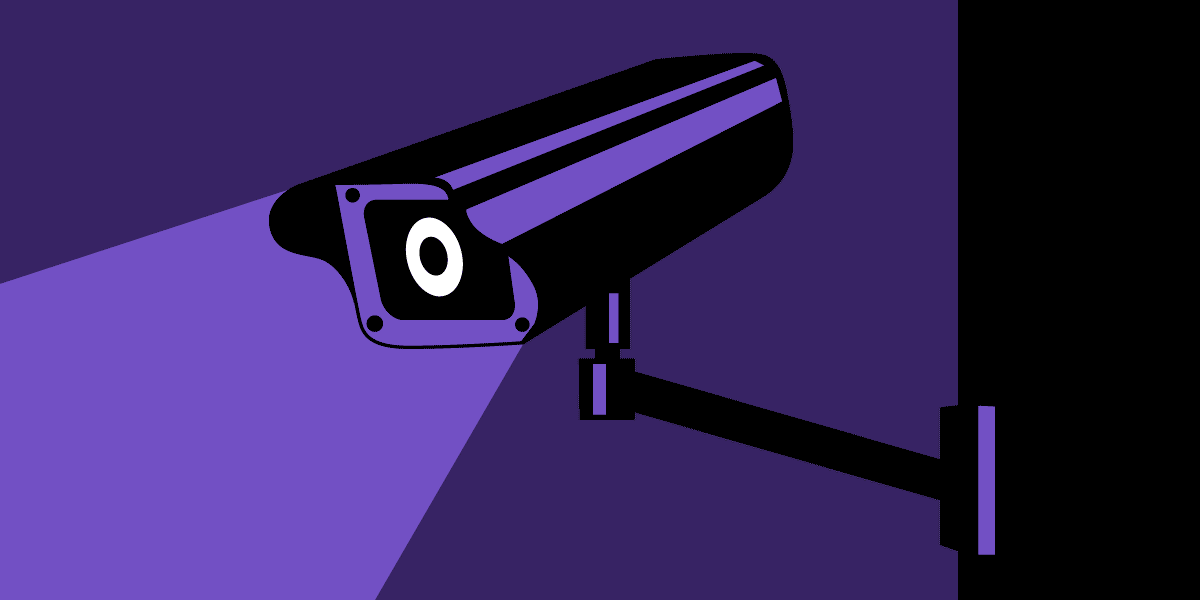A Short Note on Governmentality and New Media, Based on the Russian Case Study

Initially, Foucault viewed the idea of governmentality as a new approach to the study of power (Foucault 1991). It, unlike the disciplinary society, is based on the voluntary participation of the subaltern in the system. In governmentality, power becomes an organized political mechanism, giving people the right to actively intervene in the ways of their governance. Another important aspect of this new form of government is self-organization within this system. Governmentality itself does not negate the usual verticality of power but adds a horizontality to it to better analyze and, therefore, manage institutions within the ordinary population. The new digital platforms have become an ideal tool not only for vertical management but also for horizontal ones through a system of self-organization. Mark Zuckerberg said that Facebook “decentralized power by putting it directly into people’s hands” (NowThis News 2019). On this point, Franklin Foer stated in his article “Facebook’s war on free will,” that despite endless rhetoric of freedom and self-organization, “Facebook is a tangle of rules and procedures for sorting information, rules devised by the corporation for the ultimate benefit of the corporation” (Foer 2017). Continuing his thought, the author states that the new technologies have realized the secret Western dream, in which governmentality passes into the hands of not weak politicians but genius engineers. In any case, however, the basic rhetoric remains unchanged.
Algorithms have retired many of the bureaucratic, clerical duties once performed by humans (Foer 2017),
and consequently, the very ways of governing have changed.
In questions of governmentality and self-organization in contemporary media, I want to use the case of the interaction of a digital platform with political governance in the real world. In this case, the perfect example would be the Russian Gosuslugi service. And before turning to governmentality within the created digital enclosure, it is worth describing a little bit the context of the site itself. The site itself began its work on December 15, 2009, and gradually only evolved. The platform provides access for individuals and legal entities to the services of various state and municipal agencies. The site has a clear distinction of institutions responsible for certain services and a division by regions and even by districts. This site has enormous potential, as it provides a legal way to obtain certain government services easier and faster and to pay various state fees at a discount.
However, what about the digital enclosure? Mark Andrejevic originally used the concept to describe the manipulation of users by commercial digital platforms to appropriate and control their data and other content (Andrejevic 2007). Such media offer a certain bargain, the price of which is not equal. Public services have also been implied as the most convenient way of communication between citizens and state and municipal structures. Paying fines on the platform is cheaper, it is easier to stand in an electronic queue, and constant reminders about debts or making appointments were all advantages of the service. Nevertheless, with the height of the pandemic, Gosuslugi became a mere necessity, as it simply opened up at least some opportunities during the lockdown. To use this platform, the user must provide not only his passport but also other personal documents, as well as at least one bank account. Thus, the user does not give any impersonal information about himself, but a whole package of documents, which identifies him in society.
The QR code system to combat the coronavirus has become a system of certain governmentality, but Gosuslugi has taken this system to a different level. I have already written about the fact that some features have become unavailable without the use of this platform due to the pandemic. QR codes became one of them. This platform has become the most accessible way to use this code, a good thing all your data is stored on it, which means that immediately after vaccination, the medical organization can transfer information about you to the unified register. All this practice has become at the same time an analog to social rating and self-organization systems (Törnberg and Uitermark 2020). Thus, without a QR code (equivalent to a low social rating in China (Törnberg and Uitermark 2020)) you have no access to most benefits, such as a trip to the mall or a hair salon. Thanks to the digitalization of the entire process, the government knows exactly the percentage of people vaccinated, as well as the type of vaccine used, because, as mentioned above, all information is transferred to a single registry. The patient, on the other hand, is invited to keep a self-monitoring diary on the Gosuslugi website, as well as a reminder of the second stage of vaccination, which helps create the illusion of involvement in processes that are more about politics than about collective health. What is amusing is the fact that these observation diaries and reminders ended up being faulty, which was verified in my personal experience.

So how can this tool work not in governmentality, but in totalitarianism? The answer to this question can be found in the case of the Smart Voting system created by Navalny“s team as an instrument of political struggle against the current government within the framework of the law. Those users who used as their login for registration the email that was linked to the Gosuslugi platform began to receive threatening SMS messages (Andryuhova 2021). These messages indicated that the attackers knew the users” data, and these were not empty words. Despite its importance in the political regulation of the digital space, the platform has a weak security system. In addition, these SMS messages could have been sent by people connected to the government, which in principle gave them access to the data without hacking. This is a very big problem, because not only does Gosuslugi contains all your data and information about your property, but also the possibility to do something on your behalf, such as transferring some of your property to someone else. Here governmentality has already turned into disciplinary surveillance, where information about everyone is known and can be manipulated.
So, what potential does this site have in terms of governmentality? By creating a digital enclosure directly connected to the government, the creators have managed to digitize a huge amount of data of Russian residents. In addition, this digital platform makes it possible to regulate and manage not only the work of certain agencies but also the life of everyone registered on the platform. Through the prism of convenience and benefit, the government gets access to each user’s documents and information about fines and unpaid state fees. It is worth noting that in such a case, the government has an ideal tool for management, since it has in its hands all the data of citizens, including their medical data, property, family composition, and so on. The main difference between this platform and the example of any other commercial digital enclosure is that the use of this site in modern Russia is no longer a matter of simple convenience, but rather a vital necessity.
----------------------------------------------------------------------------------------------------------------------
BIBLIOGRAPHY
Foucault, Michel. 1991. The Foucault Effect: Studies in Governmentality: With Two Lectures by and an Interview with Michel Foucault. Edited by Graham Burchell, Colin Gordon, and Peter Miller. Chicago: University of Chicago Press.
NowThis News. 2019. Mark Zuckerberg Speaks About Free Speech at Georgetown | NowThis.
